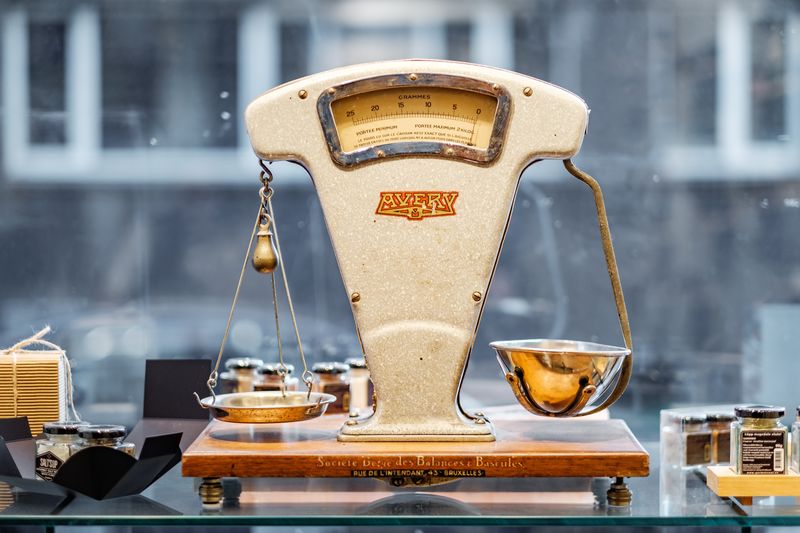It's an exciting time! You're in your last year of high school and getting ready to start applying to colleges.
You want to make sure your grade point average (GPA) puts you in a good spot for the schools on your wish list.
But wait...there's more than one way to calculate it?

Don't panic yet! Once you know the meaning of unweighted vs. weighted GPA, calculating it will be a breeze!
Unweighted GPA
Most schools will use an unweighted GPA.
An unweighted GPA only takes into account your actual course grades and refers to the average of your grades on a scale, which usually goes from 0 to 4.0.
The chart below shows an example of how your grades convert to an unweighted GPA on a 4.0 scale. This may be different depending on your school's grading system.

Quiz
Sam is taking 5 courses and has two As and three Bs. Based on the chart above, what is their unweighted GPA?
Weighted GPA
A weighted GPA doesn't just look at your actual grade but takes into account the difficulty or level of your courses. For example, an honors or AP course may be weighted higher.
Weighted GPA is commonly on a scale of 0 to 5.0. When calculating a weighted GPA, an A in an AP class may be a 5.0 on the GPA scale, while an A in a regular-level class may be a 4.0.
 Photo by Piret Ilver on Unsplash
Photo by Piret Ilver on UnsplashTry this out to understand the difference between unweighted vs weighted GPA!

Mel is getting ready to start applying for colleges and wants to make sure that their GPA meet the requirements for their dream school. Mel wants to calculate their weighted GPA.
Mel's current grades are:
2 As in regular level classes
2 Bs in honors level classes
1 A in an AP level class
At Mel's school, an AP level class adds 1.0 to the GPA scale and an honors level class adds 0.5.
Quiz
What is Mel's weighted GPA?
Which Do Colleges Look At: Weighted vs Unweighted GPA?

Admissions committees can easily distinguish between weighted vs unweighted GPAs and often recalculate them to level the playing field.
Some colleges still ask about class ranking, but its importance has decreased. Many schools now use decile reporting or even omit comparative measures.
Recently, many colleges do not have explicit GPA requirements because they recognize the wide range of students and schools. Admissions officers use GPA as an initial assessment and consider the student's overall academic performance.
What is a Good Weighted vs Unweighted GPA?

Good Weighted GPA
For top-tier schools, aiming for a Weighted GPA close to the maximum, such as 4.4 on a 4.5 scale, is advised. Admissions officers prioritize strong grades in honors, advanced, and AP courses.
Understanding weighted GPAs can be complex, as schools may weigh honors courses differently or impose limits on AP courses. If in doubt, consult with your guidance counselor or another school official for clarification.
Good Unweighted GPA
Maintaining an even mix of As and A-s results in a 3.85 GPA, which is considered high, especially with a GPA above 3.9 being sought by Ivy League schools.
Taking the highest-level classes and building an impressive resume is crucial. More A-s than As may yield a GPA around or below 3.8, suitable for highly-ranked schools but not top-tier ones. A mix of A-s and B+s creates a 3.5 GPA, a significant cutoff for many colleges. An unweighted GPA above 3.5 is preferred, with anything below 3.2 raising concerns.
While colleges consider unweighted GPAs, they also value the number of honors and AP classes taken, emphasizing the importance of a balanced approach to coursework.
Take Action
Colleges may look at both unweighted and weighted GPAs for admissions, so while a good grade is important, it's also a good idea to challenge yourself when choosing classes.
Even if your school only reports an unweighted GPA, colleges will look at the big picture and consider your course load as well.

Follow the steps below to work towards improving your GPA for college applications!
Your feedback matters to us.
This Byte helped me better understand the topic.
